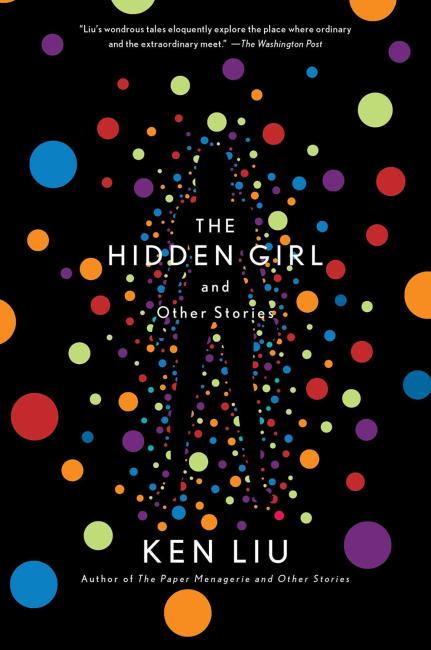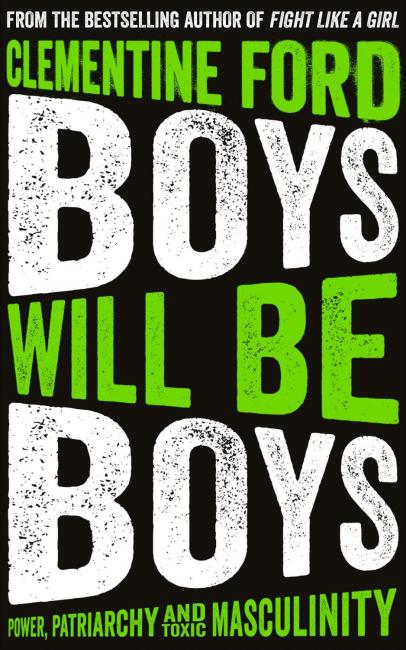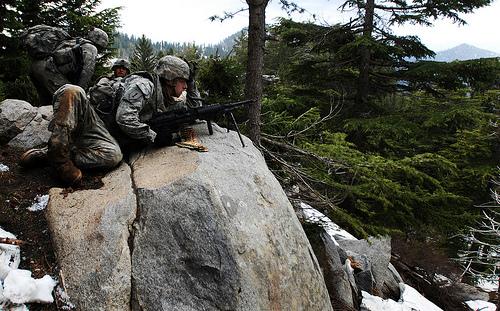
David J. Morris
Biography
David Morris is a former Marine infantry officer. From 2004 to 2007 he worked as a reporter in Iraq. His writing has appeared in the New Yorker, the New York Times, the Wall Street Journal, and the Surfer’s Journal. He is the author of The Evil Hours: A Biography of Post-traumatic Stress Disorder (Houghton Mifflin, 2015), which was a finalist for the Los Angeles Times Book Prize. He is an assistant professor of English at the University of Nevada, Las Vegas.





